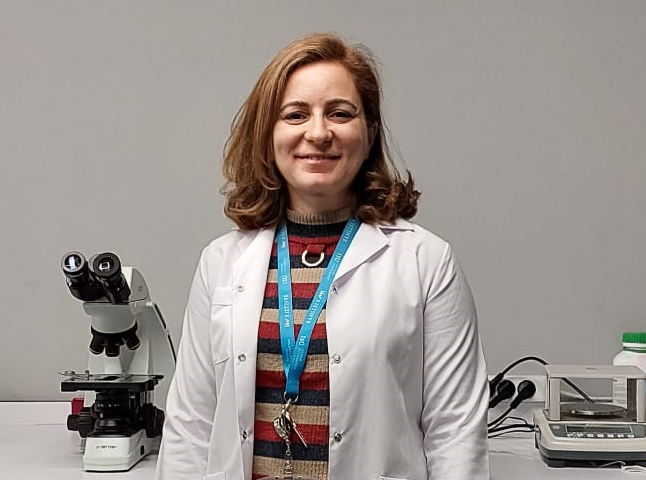Plant species that are difficult or problematic to produce with traditional methods are developed using tissue culture methods in our Plant Tissue Culture R&D Laboratory with the work of Prof. Dr. Elif Aylin Özüdoğru, Head of Molecular Biology and Genetics Department, Faculty of Engineering and Natural Sciences.
In the plant tissue culture method, it is possible to create hundreds of new plants in a very short time by placing a small plant part in a suitable nutrient medium and culturing it under suitable light, temperature and humidity conditions. Thus, while serious steps are taken in the field of agriculture and plant breeding with the tissue culture method, it is also ensured that biodiversity is protected. With this feature, the method has an important place not only in plant breeding or breeding, but also in many fields such as biotechnology, genetic engineering and medicine.
Prof. Dr. Elif Aylin Özüdoğru said about this study, which creates new plants from the cells and/or tissues of a plant in terms of plant production and biodiversity: ‘We ensure the rapid reproduction of rare and valuable plants in our Molecular Biology, Genetics and Protein R&D Laboratory and Plant Tissue Culture R&D Laboratory, where we have sufficient infrastructure. Using tissue culture methods, we are developing our laboratory studies to produce plants in a very short time. In fact, at this point, we aim to ensure the continuity of valuable plant biodiversity in the face of decreasing agricultural and forest areas for many reasons.’
Today, there is only one method that makes it theoretically possible to store the so-called genetic codes of plants indefinitely; cryopreservation. With this method applied in our laboratory, methods are also being designed for the long-term storage of priority species that are at risk of being lost in nature.



